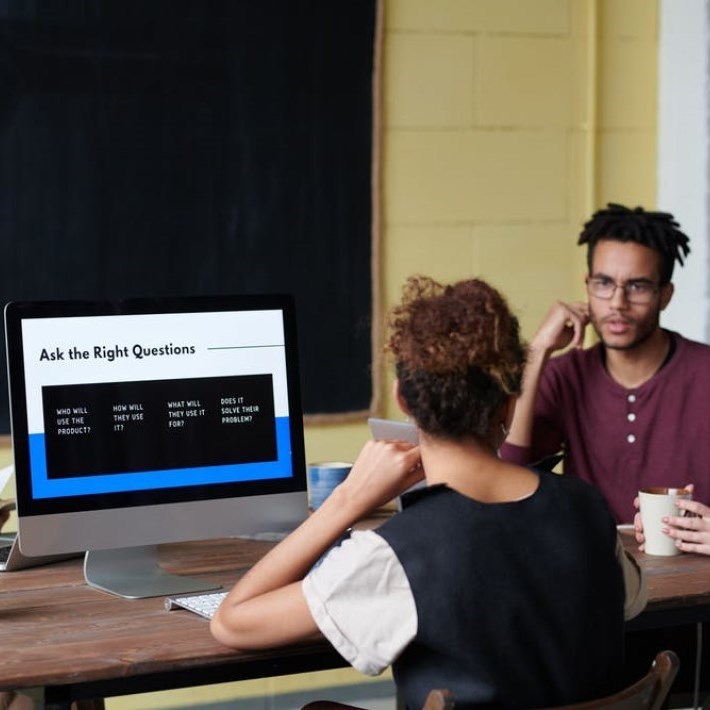Enrol on our creative writing courses
Take your first steps into the world of creative writing in a supportive environment, guided by an experienced tutor who is a writer in her own right.

| Next Start: | 18/09/2025 |
|---|---|
| Day: | Thursday |
| Time: | 09:30 - 12:30 |
| Availability: | Yes |
| Venue: | Macbeth Centre |
| Fees: |
|
| Date: | 18/09/2025 - 09/07/2026 |
|---|---|
| Day: | Thursday |
| Time: | 09:30 - 12:30 |
| Weeks: | 33 |
| Venue: | MAC |
| Code: | HC1000 |
| Enrol: | Offline |



"Students learn about different counselling theories, how to apply them in practice, and the importance of self-awareness and reflection. • The theory and practice of counselling approaches• Counselling skills• Ethics and boundaries• Introduction to theories - person centred, psychodynamic, cognitive behavioural • Difference and diversity in counsellingRead below for more details about the individual unitsUnderstanding the Context for the Use of Counselling Skills – This unit is intended to deepen the learners’ understanding of the significant differences between a person who uses counselling skills in another occupation and a fully trained and qualified counsellor. Learners will explore key legal and ethical issues based on an ethical framework for counselling and psychotherapy in a multi-cultural and diverse society. The need for and the importance of casework supervision will be highlighted.Understanding Counselling Theory – In this unit, learners will study one major therapeutic model of counselling in depth to empower the learner to reflect constructively on its value and use when working with people. They will also reflect on two other therapeutic models of counselling to raise awareness of other models.Using Counselling Skills – In this unit and through practice, learners will explore a range of skills used within the counselling profession. Additionally they will understand that sessions in which counselling skills are used are professionally managed activities with a start, middle and end. Cultural differences are recognised, acknowledged and worked with.Personal Development for Users of Counselling Skills – In this unit, learners reflect on how the study of counselling theory, the use ofcounselling skills and feedback received can inform personal development and growth, in particular their understanding of self."
This Level 3 Counselling Certificate is for anyone interested in acquiring foundational knowledge and skills in counselling, including understanding ethical frameworks, building strong counselling relationships, and developing empathy for diverse individuals. This is an accredited course.
A good ability to speak, read and write in English, prefererably a Level 2 in English.You do not need a formal Counselling qualification for entry onto the Level 3 Certificate in Counselling Skills. However, it would be advisable for you to have some prior knowledge of counselling skills and knowledge. For example qualifications that have been achieved through college based learning, which would provide you with a useful grounding include: Level 2 Award in Counselling Skills and/or Level 2 Certificate in Counselling Skills. Although there are no formal entry requirements, prospective learners should be aware, either by interview or other suitable methods, that the course involves experiential learning and self-awareness exercises, which will be demanding of the self in interaction with others.
You will have developed foundational knowledge and skills in counselling, including understanding ethical frameworks, building strong counselling relationships, and developing empathy for diverse individuals as well as built up a portfolio of assignments for the Level 3 Counselling certificate.
The course is organised over 33 weeks with weekly 3-hour session on a Thursday morning. Each week a number of learners will also have mini-tutorials after teh regular class. Times to be arranged with tutor.
Students are expected to undertake 2 to 3 hours in reading, research and assignment writing each week
All units will be assessed by the tutor and by internal and external moderators. You will produce a portfolio of evidence for example; observations, witness statements, group discussion observation sheets, case studies, reports/notes.
Students may want to progress to a counselling diploma etc. Tutor will advise.
Please bring a notebook/pen and tutor will advise on textbooks needed
Help with literacy and numeracy is available through the basic education programme. The ESOL programme offers help to speakers of other languages. Additional support can be provided for students with learning difficulties and/or disabilities. Details are available from the ALSS course guide and from teaching or reception staff.
Macbeth Street London W6 9JJ
Tel:020 8753 3600
Tube:Hammersmith
Buses:27, 190, 211, 266, 267, 295, 391, H91